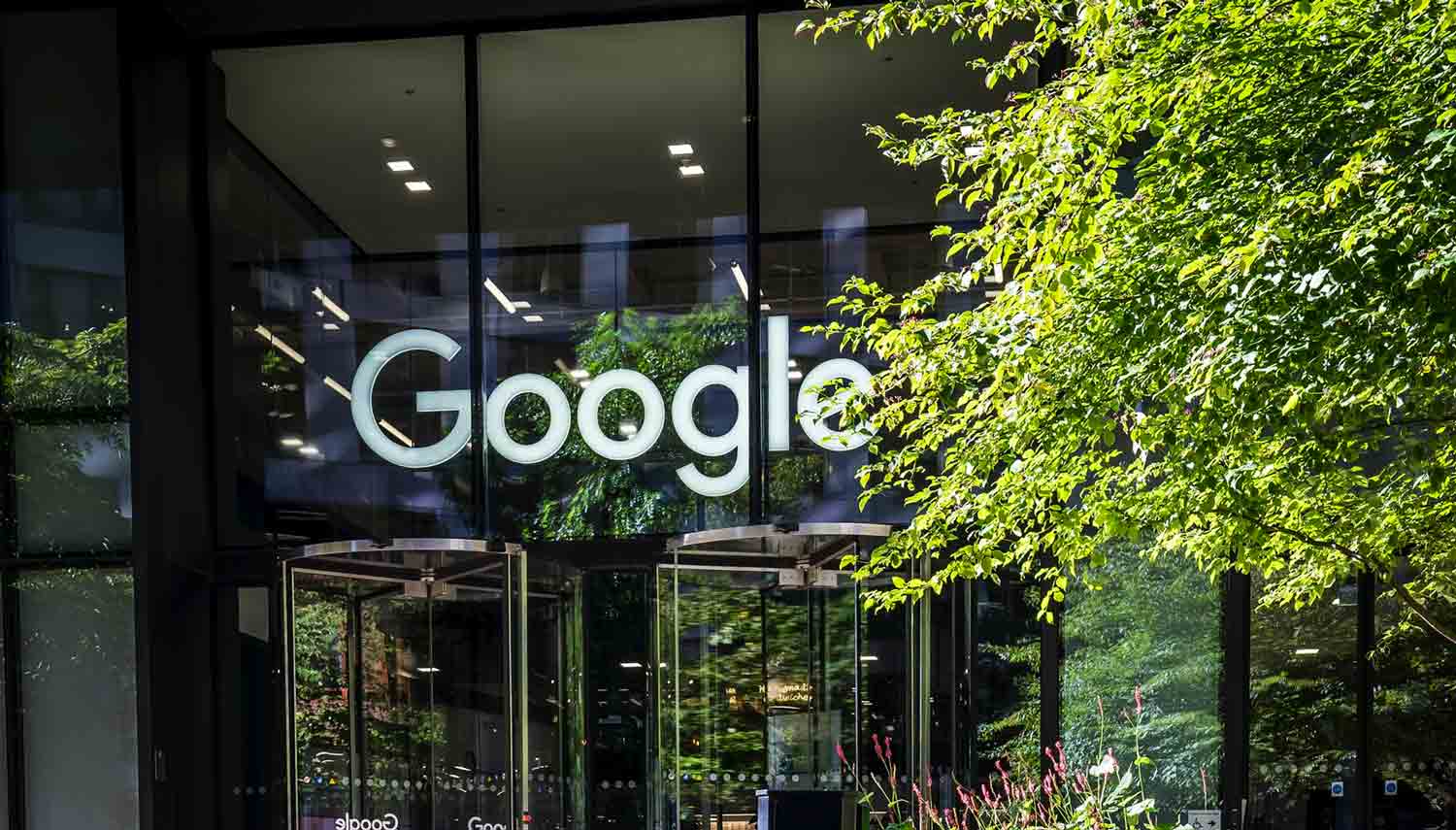

The future of artificial intelligence (AI) holds immense promise. AI has already made significant advancements, revolutionizing various aspects of our lives, such as self-driving cars and virtual assistants. However, its impact is poised to become even more widespread and transformative in the coming years. To navigate the AI-driven future, it is crucial to have an understanding of what lies ahead.
One of the most exciting potentials of AI is its ability to automate mundane tasks. Think data entry, customer service, and even medical diagnosis. Automating these tasks can give individuals more time to focus on creative and meaningful work. Furthermore, it can lead to a reduction in labor costs. As AI advances, it can tackle more complex tasks like legal research and financial analysis. This could drive down service costs and enhance accessibility.
The future of AI also looks intelligent. AI systems are already capable of learning from their environment and adapting to new situations. This means they can become smarter over time as they accumulate experiences. Consequently, AI systems could make decisions and solve problems in ways that surpass human capabilities.
AI integration into our lives is another aspect that will shape the future. We are already witnessing AI’s integration through virtual assistants and self-driving cars. Looking ahead, AI could further automate various aspects of our daily routines. Managing finances and controlling home appliances are just a few possibilities. Embracing such integration could result in increased efficiency and open up new opportunities for businesses.
Perhaps one of the most significant transformations will be the increased accessibility of AI. As AI systems become more affordable, wider adoption becomes conceivable. This could democratize access to AI technologies, benefiting small businesses and large corporations alike. A more equitable distribution of AI technology may lead to new opportunities for businesses to leverage its capabilities.
The future of AI is indeed exciting, with the potential for significant impacts on our lives. Automation of mundane tasks, increasing intelligence, deeper integration into our lives, and improved accessibility are all on the horizon. These advancements could optimize processes, level the playing field, and offer fresh avenues for business growth. Understanding what lies ahead is crucial as we embrace the AI-powered future.
Related Posts




